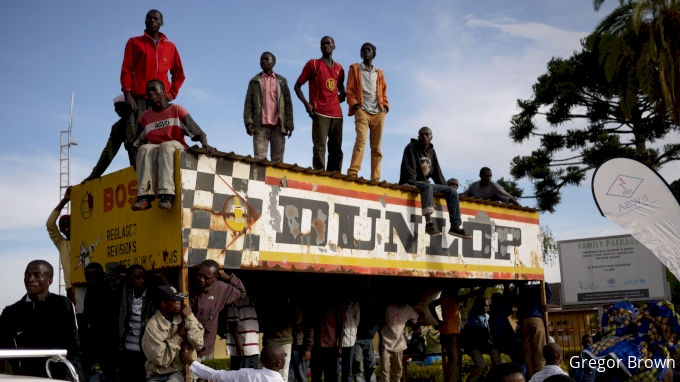Cycling Teams Question World Championships 2025 Safety In Africa
Cycling Teams Question World Championships 2025 Safety In Africa
Concerns grow over the 2025 World Cycling Championships in Rwanda amid conflict with DRC, as UCI monitors the situation and teams debate safety and costs.
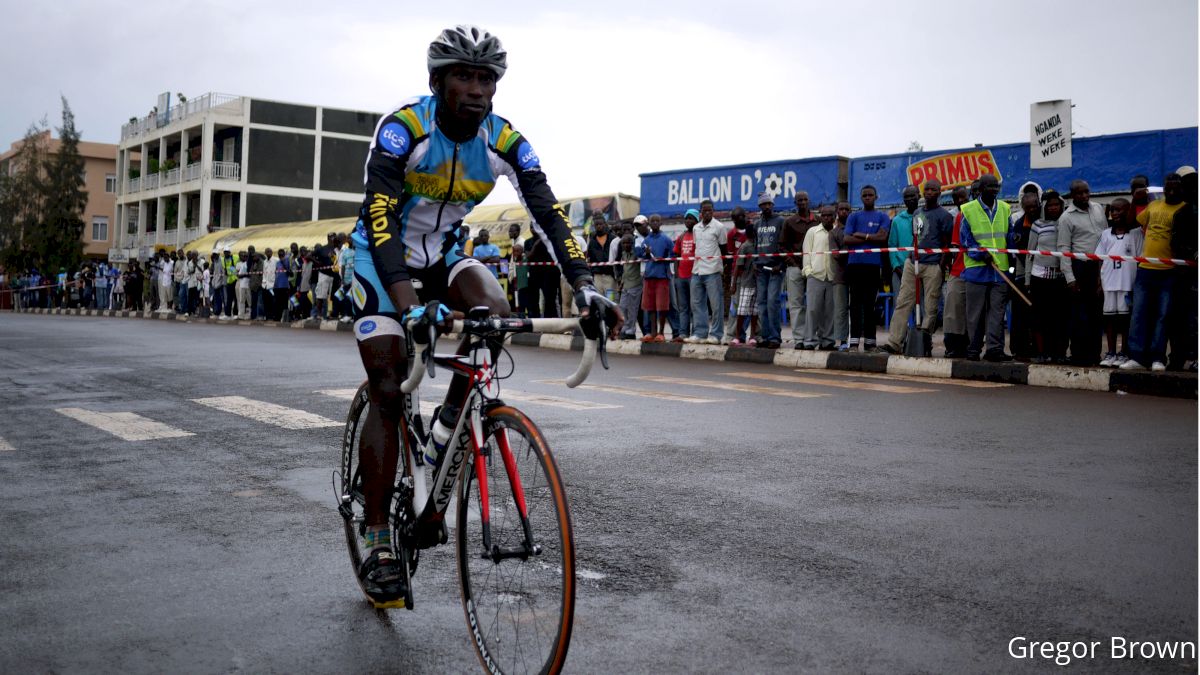
Rwanda is set to stage cycling's world championships in September, but fears over an escalation in the conflict with neighboring Democratic Republic of Congo have led to concerns that the showpiece may be shifted to Europe.
Rwanda has a long tradition of cycling, and the eight-day Tour of Rwanda has been contested over its grueling hilly terrain since 1988. This year's edition starts on February 23.
Rwandan troops are currently pushing into the mineral-rich eastern DRC, though the government denies it supports the M23 rebels in the region. Neighboring Burundi is reported to have sent 10,000 troops to aid the DRC army, as the conflict risks dragging other parties into the fray.
However, Rwanda's capital, Kigali and host of the 2025 Worlds, is 275 kilometers (170 miles) from the Congolese border.
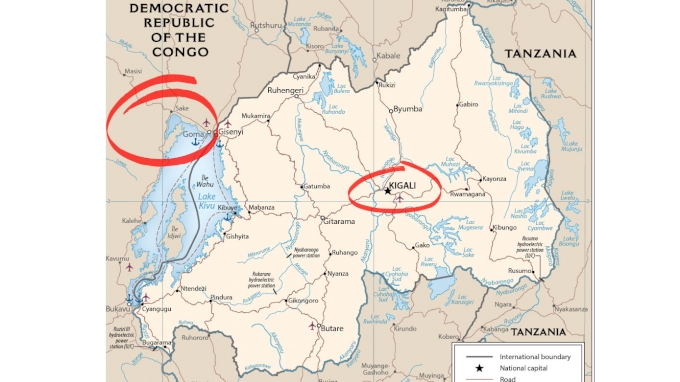
UCI Monitoring The Situation
These developments are being monitored by the International Cycling Union (UCI) and Rwandan sports authorities.
"There are no plans to switch the cycling world championships to Switzerland as yet," the UCI said in response to Belgian press reports suggesting the 2025 worlds would be moved to Martigny in Switzerland.
Rwandan authorities insist the country is safe to visit, with officials keen to promote sport in a country where thirty years ago, 800,000 people, mainly Tutsis, were victims of genocide, according to figures from the UN.
UCI president David Lappartient is due to visit Rwanda "at the end of the month on the occasion of the Tour of Rwanda and for various events, including the inauguration of the satellite of the UCI world cycling center."
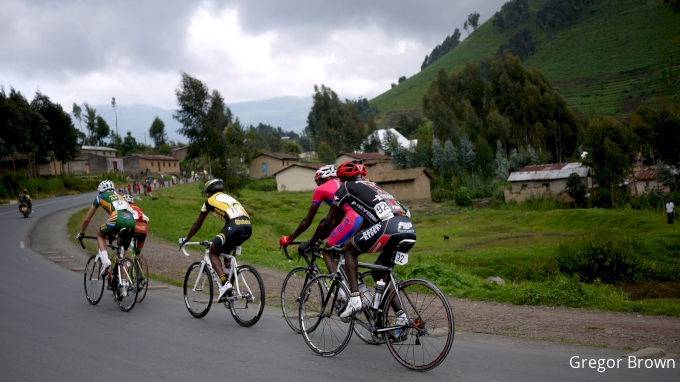
Rwanda Insists The Event Is Safe
"Rwanda is safe for cyclists and visitors. The race will take place, and the route remains the same," government spokesperson Yolande Makolo told AFP this week.
"Preparations continue for the world championship. It is a city race and was always planned for Kigali."
Rwanda's capital, Kigali, is 275 kilometers (170 miles) from the Congolese border. However, the Tour of Rwanda does skirt the border, prompting star team Quick-Step to withdraw and sparking fears that the Belgian national team would pull out of the worlds.
"A stage arrival and a stage departure near a risk zone, and the team hotel being in that region worried us," team director Jurgen Fore said, referring to stages three and four, where the town of Rubavu is 15km from Goma in eastern Congo.
"It's concerning, and at the end of the day, we decided against sending 20 employees to a zone where their security is not 100 percent guaranteed."
Fore added that Quick-Step, whose team features double Olympic champion Remco Evenepoel, had asked for a route change before pulling out.
"There will be no change of route," organizers said. "Life goes on, and riders, fans, and teams can rest assured of their security."

Teams Divided Over Security Concerns
Despite the concerns, French team Total Energies and the Israel PT team both remain determined to be on the starting line.
Total Energies director Jean-Rene Bernaudeau said people should not be too quick to judge conditions in the country.
"I trust the strength of the Rwandan army. These days they are speaking more about invading others than being invaded themselves. I have no reason to be worried," he told AFP.
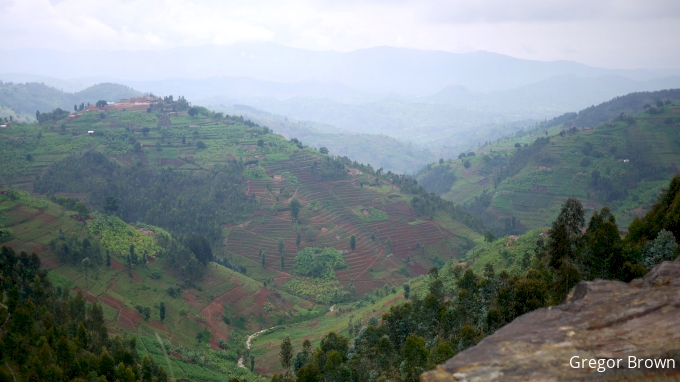
Cost And Climate Concerns
Beyond security, holding the worlds in Rwanda also raises budgetary questions. Denmark and the Netherlands have already decided to send slimmed-down squads because of the high cost of flights and accommodation. Other federations are also questioning health and climatic conditions.
"Kigali is not very hot. We are at an altitude of 1,600 meters. If we drink bottled water, if we eat at the hotel, there is zero risk. I don't even understand how we can judge without going there," said Bernaudeau.
